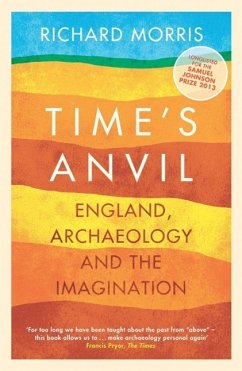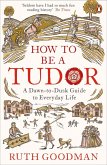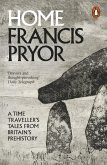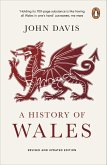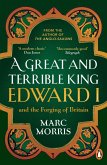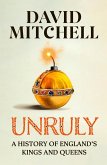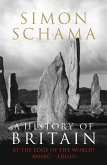History thrives on stories. TIME'S ANVIL explores archaeology's influence on what such stories say, how they are told, who tells them and how we listen.
In a dazzlingly wide-ranging exploration, Richard Morris casts fresh light on three quarters of a million years of history in the place we now think of as England. Drawing upon genres that are usually pursued in isolation - like biography, poetry, or physics - he finds potent links between things we might imagine to be unrelated. His subjects range from humanity's roots to the destruction of the wildwood, from the first farmers to industrialization, and from Tudor drama to 20th-century conflict. Each topic sits at a different point along the continuum between epoch and the fleeting moment.
In part, this is a history of archaeology; in part, too, it is a personal account of the author's history in archaeology. But mainly it is about how the past is read, and about what we bring to the reading as well as what we find. The result is a book that defies categorisation, but one which will by turns surprise, enthrall and provoke anyone who cares for England, who we are and where we have come from. TIME'S ANVIL was longlisted for the Samuel Johnson Prize for Non-Fiction 2013.
Dieser Download kann aus rechtlichen Gründen nur mit Rechnungsadresse in A, B, BG, CY, CZ, D, DK, EW, E, FIN, F, GR, HR, H, IRL, I, LT, L, LR, M, NL, PL, P, R, S, SLO, SK ausgeliefert werden.
Sometimes we are left with snapshots, including the varying view from Paviland Cave over the last 29,000 years; elsewhere the text lingers, as with the felling of the Old Wood. Along the way we meet eminent practitioners of many disciplines, as archaeology itself emerges and the stories it tells evolve. 'Archaeology', we are told, 'might be seen as but a late ripple in the cult of ancestors'. An acquired taste, perhaps, but presenting archaeology in this way has created an especially thought-provoking read
Matthew Symonds ARCHAEOLOGY.CO.UK 20150107

